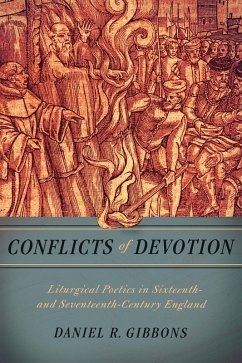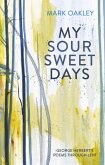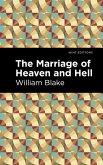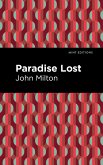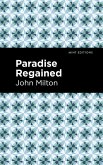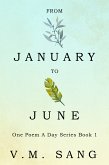Who will mourn with me? Who will break bread with me? Who is my neighbor? In the wake of the religious reformations of the sixteenth century, such questions called for a new approach to the communal religious rituals and verses that shaped and commemorated many of the brightest and darkest moments of English life. In England, new forms of religious writing emerged out of a deeply fractured spiritual community. Conflicts of Devotion reshapes our understanding of the role that poetry played in the re-formation of English community, and shows us that understanding both the poetics of liturgy and the liturgical character of poetry is essential to comprehending the deep shifts in English spiritual attitudes and practices that occurred during the sixteenth and seventeenth centuries. The liturgical, communitarian perspective of Conflicts of Devotion sheds new light on neglected texts and deepens our understanding of how major writers such as Edmund Spenser, Robert Southwell, and John Donne struggled to write their way out of the spiritual and social crises of the age of the Reformation. It also sheds new light on the roles that poetry may play in negotiating-and even overcoming-religious conflict. Attention to liturgical poetics allows us to see the broad spectrum of ways in which English poets forged new forms of spiritual community out of the very language of theological division. This book will be of great interest to teachers and students of early modern poetry and of the various fields related to Reformation studies: history, politics, and theology.
Dieser Download kann aus rechtlichen Gründen nur mit Rechnungsadresse in A, D ausgeliefert werden.

